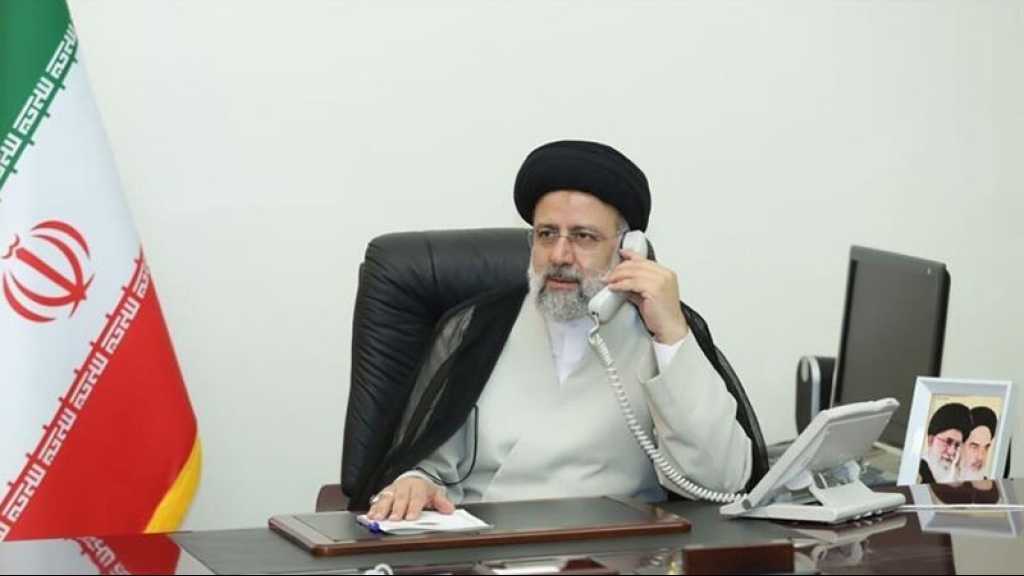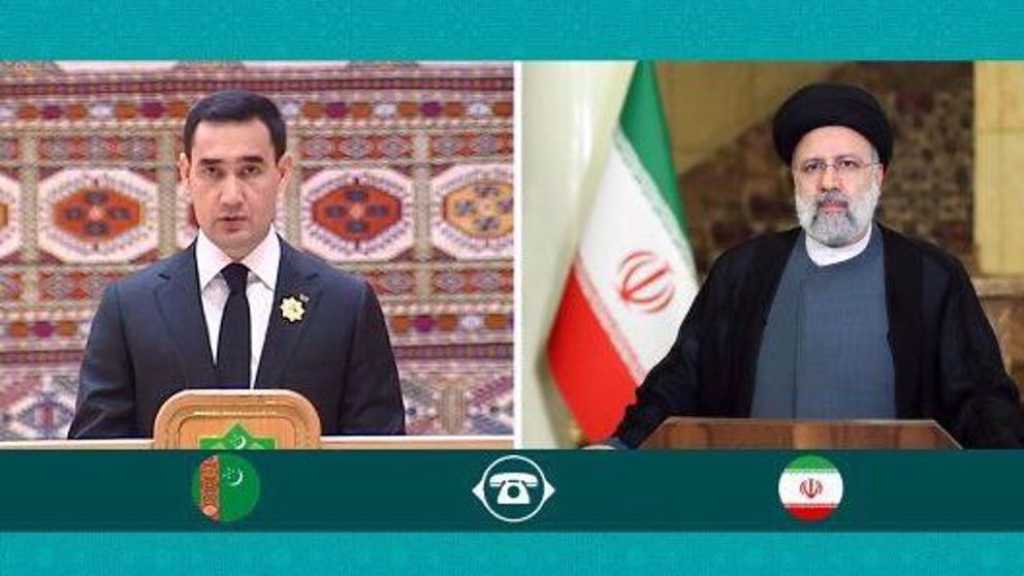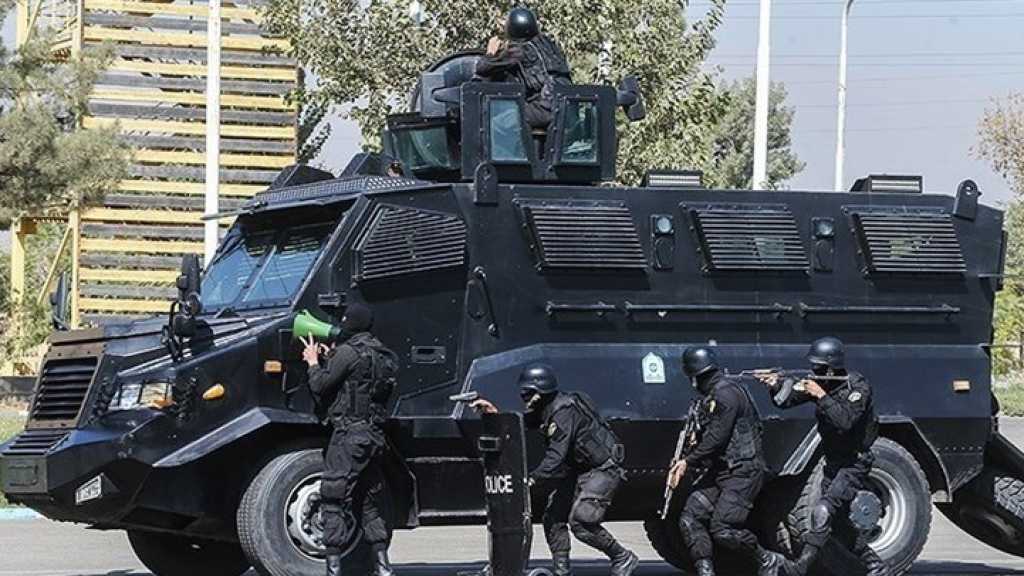
Iran Will Continue Serious Sanctions Removal Talks, Rejects Granting Many Concessions - FM
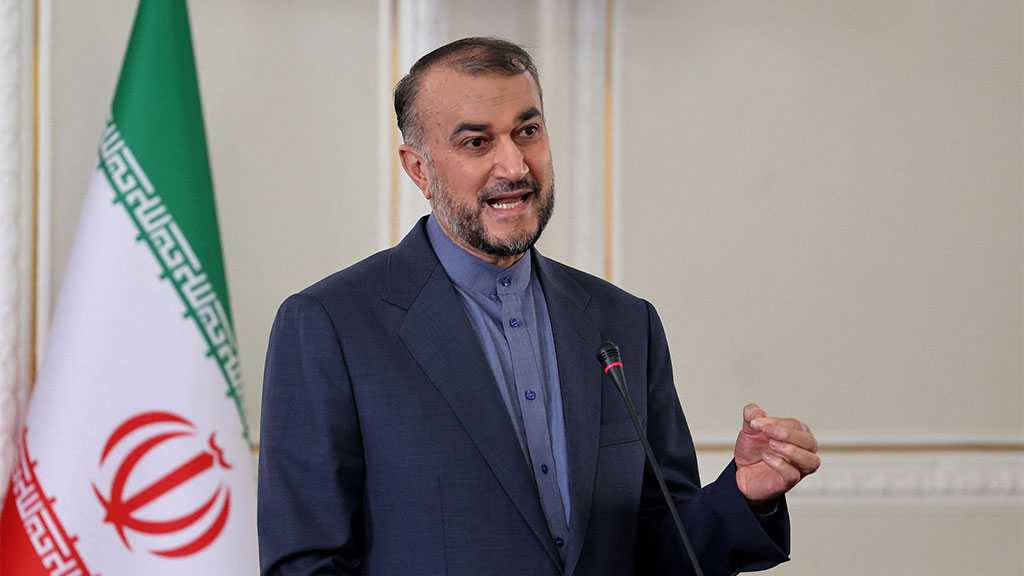
By Staff, Agencies
Iran’s Foreign Minister Hossein Amir Abdollahian said the Islamic Republic will continue negotiations for the removal of sanctions imposed on the country in the Austrian capital with seriousness, emphasizing that Tehran will never give excessive concessions to the opposite side.
Amir Abdollahian made the remarks in a joint press conference with his visiting Iraqi counterpart Fuad Hussein in Tehran on Thursday, saying, “During the recent negotiations in Vienna, we managed to come up with a single draft and a single agenda after two rounds of talks and this was a major progress.”
He then criticized "non-constructive" stances taken by some European signatories to the nuclear deal with Iran during the previous round of talks in Vienna.
“In the previous negotiations, the positions taken by some European countries, especially the French, were in general not constructive. We expect the French side to focus on playing a constructive role and help [the progress of] the negotiations,” Amir Abdollahian said.
The Iranian diplomat also noted that the second problem with regard to the three European signatories to the landmark 2015 agreement, officially known as the Joint Comprehensive Plan of Action [JCPOA], is that “in practice, they did not put forward any new initiative in the talks.”
He underscored that the European Union's deputy foreign policy chief, Enrique Mora -- who represents the bloc in the Vienna talks between Iran and the P4+1 group of countries -- and EU foreign policy chief, Josep Borrell, are making efforts to focus on the negotiations with seriousness.
Tehran, he added, believes that the EU and its foreign policy chief are, in general, playing a positive role in the Vienna talks.
“We explicitly announce that we will pursue our serious negotiations in Vienna with goodwill and seriousness and with an eye on achieving a good agreement, and we hope that the other parties would also continue [the talks] with the same approach,” Amir Abdollahian pointed out.
He recommended that the five remaining signatories to the JCPOA should have no doubt that “if they want to give one concession and get 10 concessions [in return], the Islamic Republic of Iran will never accept such an approach.”
“The Islamic Republic of Iran, with its strong logic, will continue the negotiations until a good agreement is reached, and once the opposite parties show their serious will, that will be the day when we can talk about the return of all parties to their commitments under the JCPOA,” the Iranian foreign minister emphasized.
The JCPOA was inked by Iran and six world powers in 2015. Under the deal, Tehran agreed to put limits on certain aspects of its nuclear activities in exchange for the removal of international sanctions imposed against the country.
In 2018, however, the US exited the pact and began to unilaterally implement what it called the maximum pressure campaign against the Islamic Republic, effectively depriving Iran of the deal’s benefits by forcing third parties to stop doing business with Iran.
Iran and the five remaining parties to the JCPOA -- Britain, Germany, France, Russia and China -- resumed talks in Vienna on November 29 after a five-month hiatus, marking the first round of negotiations under President Ebrahim Raisi’s administration and the seventh overall.
During the seventh round of the Vienna talks, Iran presented two draft texts which address, separately, the removal of US sanctions and Iran’s return to its nuclear commitments under the JCPOA. Tehran also said it was preparing a third draft text on the verification of the sanctions removal.
Iran and the P4+1 group of countries resumed the talks in the Austrian capital on December 9 after being paused on December 3, when the participants returned to their capitals for additional consultations on the two draft proposals that Tehran had put forward.
Comments
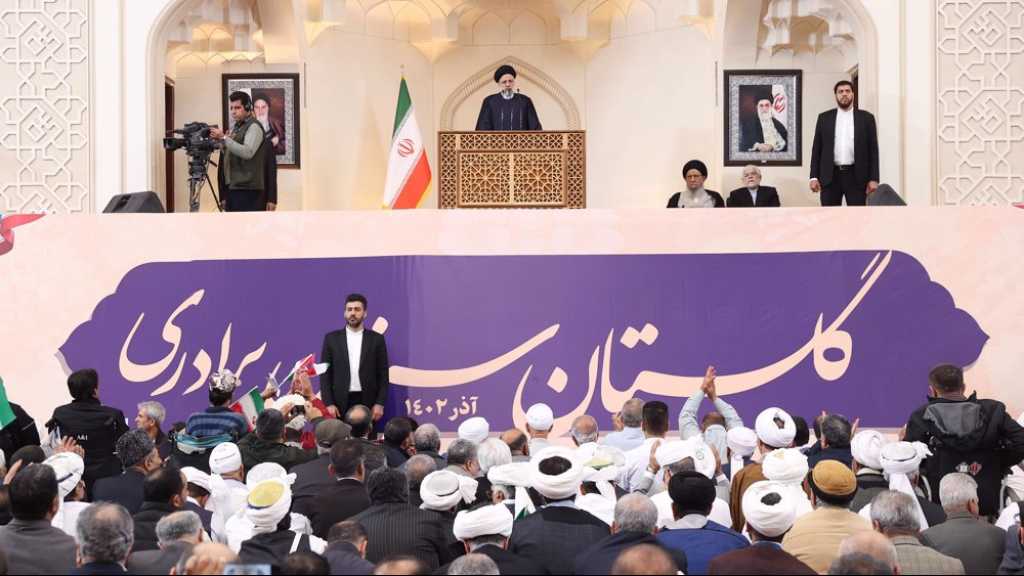
Raisi: Palestinian Resistance Astonished The World
3 months ago